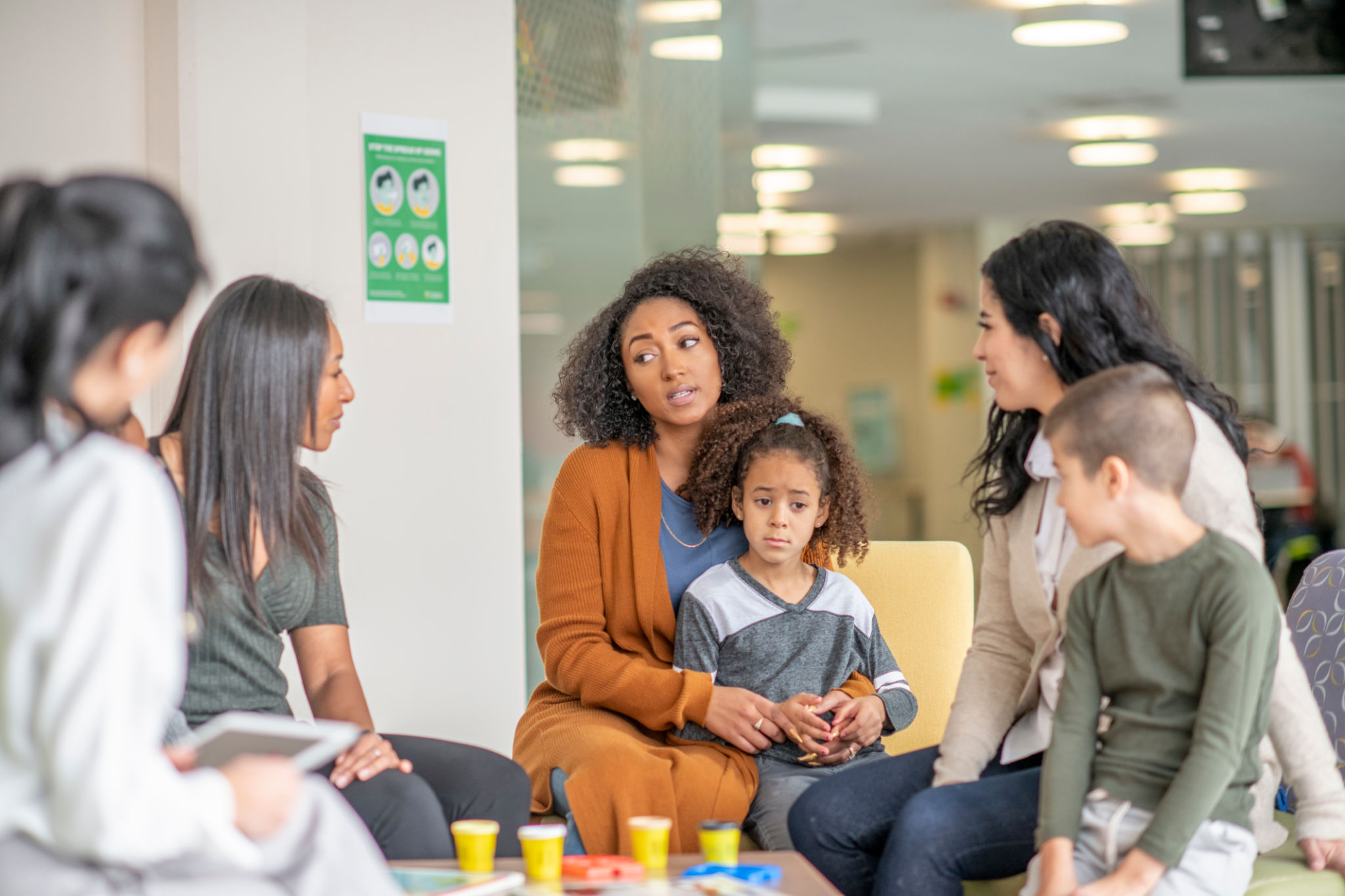The Role of Peer Counseling in Shared Recovery Environments
Understanding Peer Counseling
Peer counseling is an invaluable component of shared recovery environments, providing support and guidance from individuals who have faced similar challenges. Unlike traditional counseling, peer counseling leverages the experiences and insights of those who have walked the same path, fostering a sense of understanding and connection that can be incredibly empowering.
In shared recovery settings, the role of peer counselors is to offer empathy, encouragement, and practical advice. This form of support can significantly enhance the recovery process, as peers are often more relatable than professional counselors or therapists. They bridge the gap between clinical support and personal experience, making recovery feel less isolating.

The Impact on Recovery
Peer counseling can have a profound impact on the recovery journey. It helps individuals feel less alone by connecting them with others who truly understand their struggles. This connection can lower feelings of shame or isolation, which are common in many recovery journeys.
Moreover, peer counselors can act as role models, demonstrating that recovery is possible and providing hope. Their success stories and coping strategies offer practical insights that can be more relatable and actionable for those in recovery. This sense of shared experience often leads to stronger engagement in recovery programs.
Enhancing Motivation and Accountability
One of the significant benefits of peer counseling is its ability to enhance motivation and accountability. Peers can offer encouragement and celebrate milestones, fostering a positive environment that motivates individuals to stay committed to their recovery goals.

Building a Supportive Community
A shared recovery environment thrives on community support, and peer counseling plays a crucial role in building this community. By fostering connections among individuals with similar experiences, peer counseling helps create a network of support where members can lean on each other during challenging times.
This supportive network goes beyond individual counseling sessions, often extending into social activities, group meetings, and online forums. Such interactions can provide ongoing encouragement and reduce the risk of relapse by maintaining an engaged community focused on collective well-being.
Skills Development Through Peer Counseling
Peer counseling also facilitates skills development, empowering individuals with the tools they need to manage their recovery effectively. Through shared experiences, peers can learn coping mechanisms, communication skills, and problem-solving techniques from one another.

Nurturing Empathy and Resilience
The unique nature of peer counseling nurtures empathy and resilience among participants. Engaging with others who have faced similar adversities encourages a deeper understanding of diverse perspectives and fosters emotional growth.
This empathetic approach not only aids personal recovery but also enhances the supportive atmosphere of the entire recovery community. Resilience is built through shared narratives of overcoming obstacles, inspiring individuals to persevere through their own challenges.
The Future of Peer Counseling in Recovery
As shared recovery environments continue to evolve, the role of peer counseling is likely to expand. With increasing recognition of its benefits, more programs are integrating peer support into their frameworks, aiming to create more holistic and inclusive recovery pathways.
The future holds promising opportunities for leveraging technology to enhance peer counseling, such as virtual support groups and digital platforms that connect individuals worldwide. These innovations will further democratize access to peer support, making it a cornerstone of modern recovery environments.
